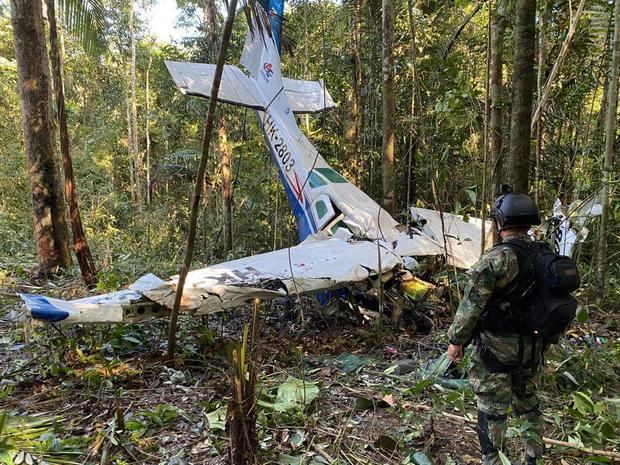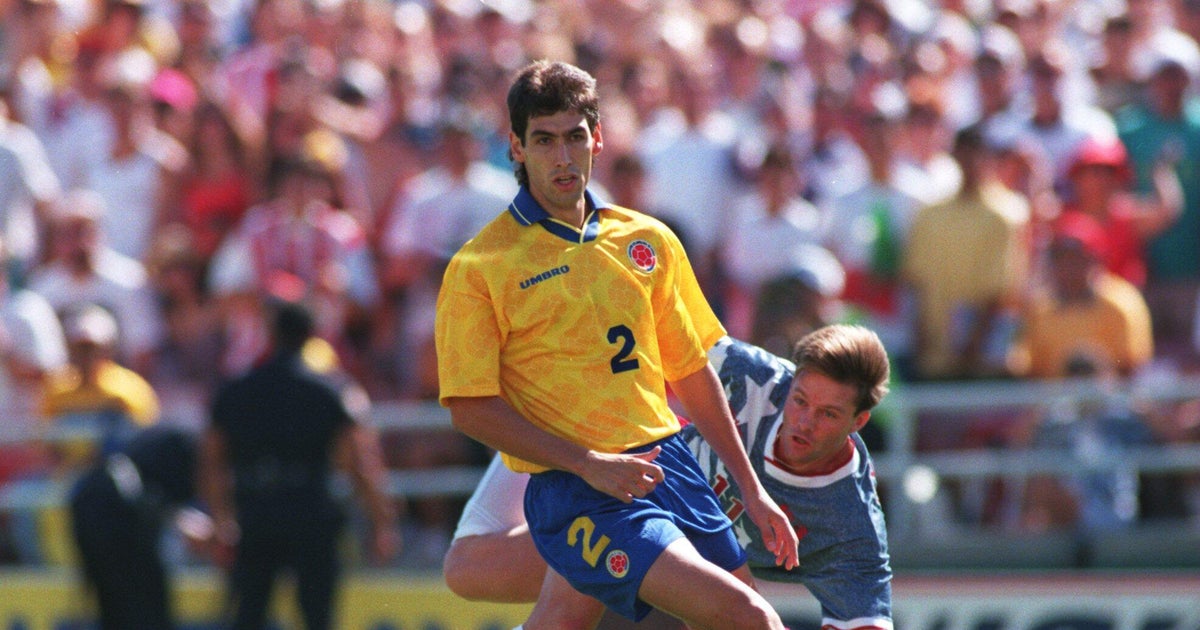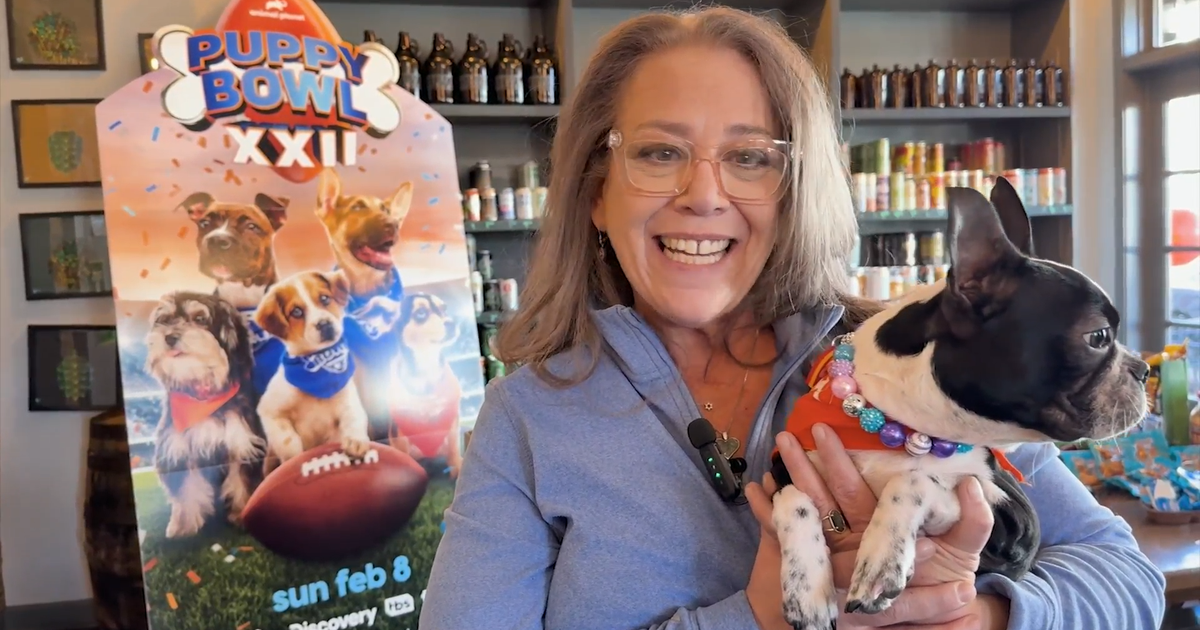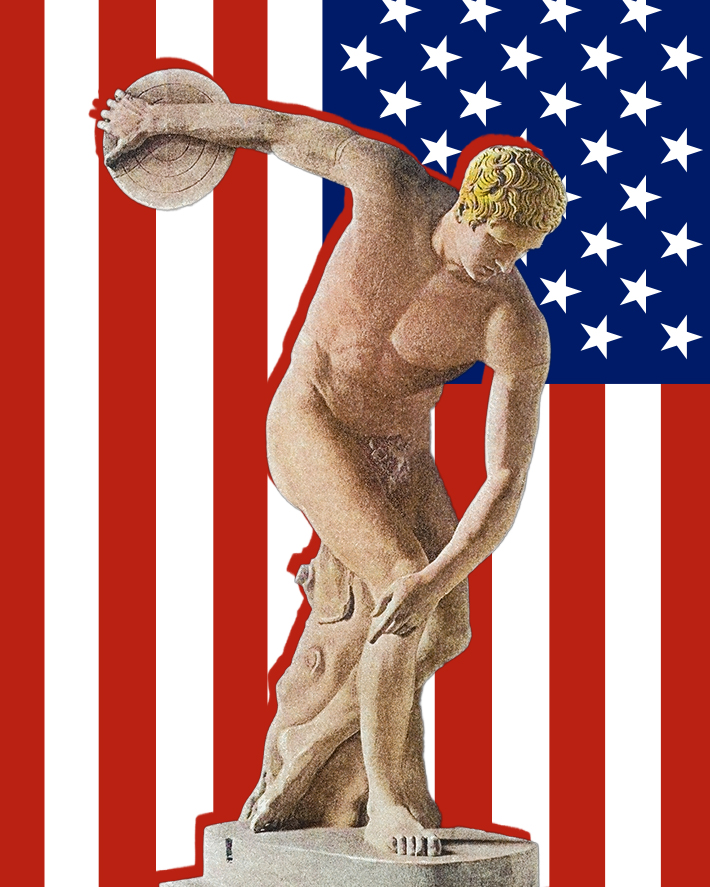Jungle commandos helped rescue children lost in Amazon for 40 days after plane crash
Indigenous volunteers working alongside Colombia's army were a winning combination in the rescue of four children who were lost in the jungle for 40 days, but Colombian commandos, among the most seasoned in the world, also played a key role.
"It was a successful amalgam of Indigenous knowledge and military art," General Pedro Sanchez, who led the search operations, said on Sunday.
Suntanned and direct, Sanchez is the head of the Colombian armed forces' Joint Special Operations Command.
It was his special forces men who took part in the grueling daily marches through the hostile Caqueta jungle, where a plane carrying the children crashed on May 1. Three adults, including the children's mother, were killed in the crash.
For Sanchez's commandos, "it was a different mission" from fighting against the many armed groups operating in Colombia.
"We always save and protect lives, including during our combat missions," Sanchez said of efforts to rescue the children, aged between 1 and 13.
The Colombian military has been criticized for summary executions committed during the long internal conflict that has drained the country, as well as its collusion with far-right paramilitaries and the complicity of some of its officers with drug traffickers.
In this mission, though, "failing or giving up was not an option," Sanchez said. His men, the most highly trained in the Colombian army, had accomplished "the impossible," he added.
The Joint Special Operations Command is the Colombian equivalent of the U.S. Special Operations Command, which contains the famous Green Berets and Delta Force.
Its motto is "Union, Integrity, Victory," and in its videos it claims to be the "honor guard of Colombia."
Created in 2007, the special operations command brings together elite elements from the army, air force and navy, and works in close cooperation with its North American ally.
According to media reports, it comprises about 3,000 men, with three main components — land, urban and sea — as well as an air support element.
Their primary mission is "the planning and execution of special operations inside and outside national territory against terrorist groups, high-value targets and organized crime," a Colombian military source told Agence France-Presse.
The special operations command took part in the capture in October 2021 of "Otoniel," the leader of the Clan del Golfo, Colombia's largest drug cartel.
Trained in nursing as well as search and rescue, "they were tasked with this mission in the Amazon, not only because of the difficult geographical conditions and the difficulty of access, but also because FARC guerrilla dissidents operate in this region," the source added, referring to what was once Latin America's most feared guerrilla group.
There are other special forces units within the Colombian military, such as the marine commandos, the COPES police special operations command and the police's fearsome "Jungle Commandos." Colombian police operate under the authority of the ministry of defense.
These soldiers, particularly the "Jungle Commandos," are "among the best elite units in the world," according to a foreign expert who regularly works with them.
"They volunteer for the most dangerous missions. They lead ascetic lives, don't get bonuses, and can spend several months in the forest. It's extremely tough," the source, who requested anonymity, told AFP.
"To be a commando in the jungle in Colombia is to be sure that you're going to experience fire at very close range, and often outnumbered... it's very risky."
They are motivated by patriotism and the pride of belonging to an elite unit, the expert said.
"They eat little, they drink little, they sleep little, all with high exposure to insects, snakes and bugs of all kinds."
"Tactically, the environment and the adversary prevent them from having the slightest comfort... They live almost permanently wet in very degraded conditions so as not to make any noise when in contact with their adversary," the expert added.
They also have advanced medical experience in extreme environments and of performing rescues in the middle of combat.
"Their weak point is their sometimes too brutal mode of action, with a high degree of habituation to danger and therefore high risk-taking," the expert said.
"In fact, these soldiers are the quintessence of the soldier's profession, in terms of humility, hardiness and commitment, all with techniques not too elaborate, and limited means compared to Western armies."




